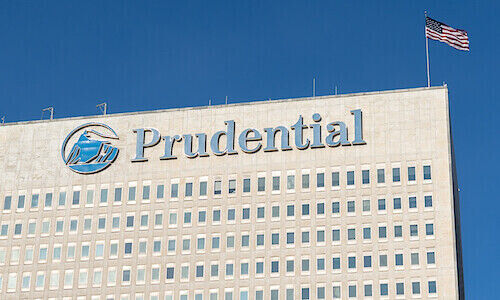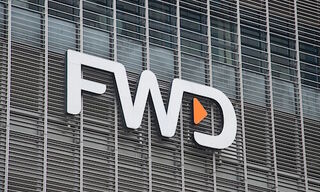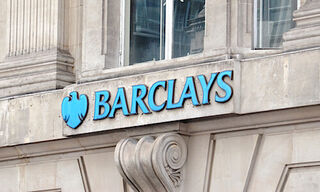Globally, gatekeepers at financial institutions are seeking private alternatives as a means to generate uncorrelated returns. Nonetheless, investors remain underexposed to the asset class, especially in Asia.
In recent years, the traditional 60/40 portfolio has been challenged due to the difficulty of achieving diversification benefits from the rising correlation between stocks and bonds. In fact, this phenomenon is leading 43 percent of gatekeepers at large global financial institutions to search for diversification elsewhere, with 41 percent identifying private alternatives as the top asset class, according to a study by PGIM Investments.
«While public markets are vulnerable to short-term fluctuations, private markets offer investors stronger risk-adjusted returns, volatility hedging and downside protection, which could provide much needed diversification to portfolios amid market uncertainty,» said Jessica Jones, head of Asia at PGIM Investments.
Demand to Take Time
Nonetheless, gatekeepers believe there is underexposure. This is especially the case in Asia where 76 percent of respondents say their clients are underinvested in private market strategies, compared to 64 percent in Europe. Still, PGIM is optimistic about future demand.
«While it took time for investors to fully embrace the intricacies of investing in emerging market equity and debt, it would be hard to argue that a portfolio is adequately diversified today without exposure to the developing world,» said Matt Shafer, the head of international distribution at PGIM Investments. «In the coming years, it is realistic for private markets to be thought of the same way.»
Asset Class Returns
In terms of returns, gatekeepers are positive on the outlook for fixed income. Within public fixed income, 59 percent of respondents expect increased returns compared to 25 percent predicting a decrease. Similarly, 50 percent expect an increase in returns for private fixed income versus 26 percent predicting a decrease.
In contrast, there was less consensus on equities. A net 10 percent of respondents anticipated an increase rather than a decrease in returns for both public and private equity.
The study, entitled «Gatekeeper Pulse», was based on responses from 210 UK, continental European and Asian gatekeepers at large global financial institutions, all of which have assets under management of at least $1 billion.



























